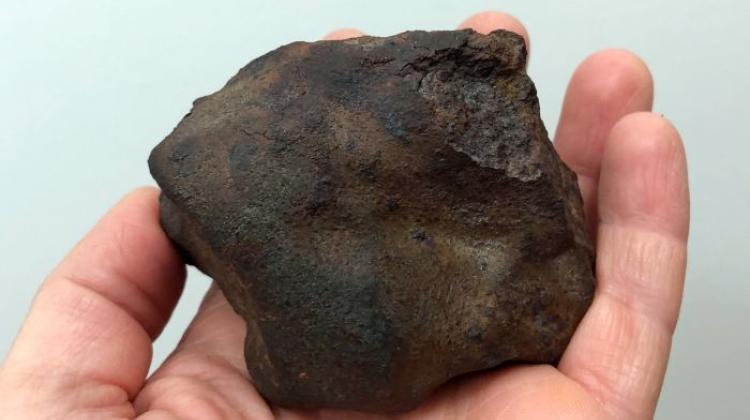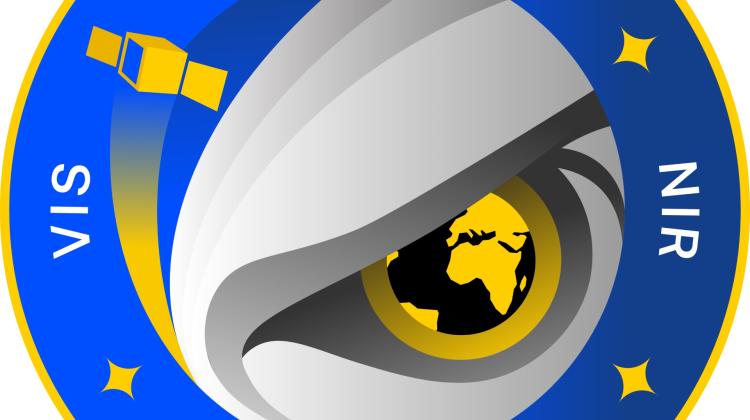President of POLSA : Polish companies want to join the space mining race
 Photo: PAP
Photo: PAP
Our companies want to join the space mining race; we are able to provide specialist mechanisms for this new industry, President of the Polish Space Agency Dr. Grzegorz Brona told PAP. Our calling card are companies that make space drills.
"Systems that dig into the surface of planets, such as the Polish Kret, can be used in the future in so-called space mining, obtaining valuable raw materials from other celestial bodies, not from Mars, but probably from the Moon or asteroids" - explained Brona.
"Poland is able to provide specialist mechanisms for this emerging field of economy" - emphasized the head of POLSA.
He emphasized that as a new field, space mining is often treated with great disbelief. "It was born a few years ago. The first missions launched, dug into other planets - began to study those planets in terms of the chemical composition of the surface. In the near future, the first missions will fly that will bring fragments of geological systems from those planets and other celestial bodies to Earth"- he explained.
According to Brona, the missions planned for the 2030s and 2040s are expected to bring asteroids into Earth`s orbit, from which it will be possible to obtain very rare elements used on Earth.
"Our country is beginning to notice this area of space activity. Poland has been somewhat behind for 50 years when it comes to the development of the space industry. Now we are taking advantage of new opportunities that this market creates. One of these opportunities is joining the space mining race" - he said.
According to Brona, there are companies in Poland that want to engage in space mining. "I`m not talking about large state-owned companies, but about start-ups that want to supply certain technologies that will be used in space missions in order to acquire rare materials from other planets or celestial bodies" - he said.
Brona believes that there are several Polish companies interested in this market. "These start-ups have formed a special consortium related to interplanetary exploration and space mining. We`re not talking about sending miners to other celestial bodies, but about supplying certain subsystems, such as the hammer that is now flying to Mars, or a solar sail system that can propel satellites or space probes travelling to distant celestial bodies" - he explained.
He remarked that the international space mining market was just emerging. "There are several major American start-ups that have gained considerable capital, among others from Google or other global giants. Such market also emerges in Luxembourg, which has a favourable law for space companies interested in extracting substances from other planets in the future" - he noted.
He emphasized that Poland also noticed this aspect of economic activity and signed an agreement with Luxembourg, which included cooperation with the space sector - in particular the space mining industry. "This agreement was signed because companies interested in space mining, including Polish ones, had been noticed" - he added. Our entities, he said, are able to create subsystems that could be are applied in the industry, and would like to enter the global supply chain. The agreement concluded between Poland and Luxembourg should enable them to do that.
Brona noted that participants in most space missions are not individual companies or states, but state consortia or consortia of companies. "This is related to the fact that the conquest of space is on the one hand expensive, and on the other, very complicated" - he emphasized.
Therefore, as he said, it is better to find an existing company that has already started to specialize in something and establish cooperation with it "instead of reinventing the wheel".
"Polish companies that make space drills are noticed all over the world and in the future they will probably supply their equipment, if not to all, then at least to the majority of similar space mining missions" - he said.
According to Brona, cooperation, entering into supply chains, is needed. "Smaller companies usually specialize in specific subsystems, larger ones try to integrate the mission into a whole and send it towards an asteroid or the Moon, and in the future also Mars" - he explained.
He noted that systems that fly into space are expensive. "This is due to the fact that they must be thoroughly checked, tested in many stages, so that they are 100% reliable in space" - he explained. Therefore, as he added, they must be tested for months on Earth, they must undergo destructive tests, which means that the instruments themselves are much more expensive than those used on Earth. "The costs of such individual instruments can reach millions of dollars or euros" - he said.
Brona emphasized that there was a new trend in the international market - called Space 4.0, and in the United States also referred to as the New Space.
"Businesses, especially private ones, have noticed that it might be worthwhile to optimise the cost of space activities and accept a slightly higher risk that some systems might not work when carried to orbit or Mars" - he explained. He added that this cost optimisation is drastic. "It is said that satellites, which used to cost a billion dollars, today are built by private companies for one-tenth or even one-twentieth of the previous costs" - concluded the head of POLSA.
PAP - Science in Poland, Magdalena Jarco
maja/ skr/ kap/
tr. RL
Przed dodaniem komentarza prosimy o zapoznanie z Regulaminem forum serwisu Nauka w Polsce.
















